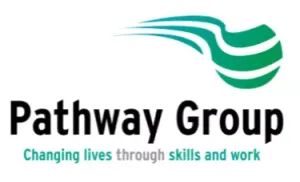Knowledge, Skills & Behaviours (KSBs)
KSBs are the core attributes that you must have as an apprentice in order to be competent in the occupation that you’re working in. They sit alongside your technical studies and exams and are the main assessment methods used in an end point assessment (EPA). Think of it like the soft skills you see in the workplace.
- Knowledge – the information, technical detail, and ‘know-how’ that someone needs to have and understand to successfully carry out the duties. Some knowledge will be occupation-specific, whereas some may be more generic.
- Skills – the practical application of knowledge needed to successfully undertake the duties. They are learnt through on- and/or off-the-job training or experience.
- Behaviours – mindsets, attitudes or approaches needed for competence. Whilst these can be innate or instinctive, they can also be learnt. Behaviours tend to be very transferable. They may be more similar across occupations than knowledge and skills. For example, team worker, adaptable and professional.
Knowledge
- Operational management
- Project management
- Finance
- Leading people
- Managing people
- Building relationships
- Communication
Skills
- Operational management
- Project management
Finance - Leading people
- Managing people
Building relationships - Communication
- Self-awareness
- Management of self
- Decision making
Behaviours
- Takes responsibility
- Inclusive
- Agile
- Professionalism
